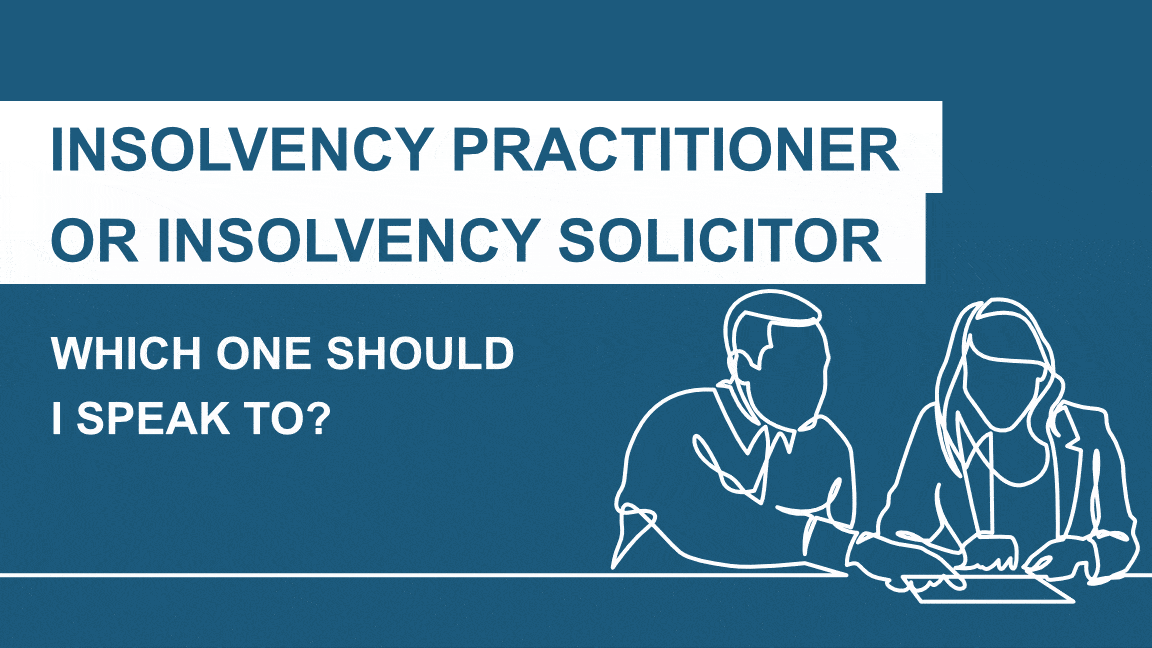The Basic Principles Of Insolvency Practitioner
The Basic Principles Of Insolvency Practitioner
Blog Article
Some Known Factual Statements About Insolvency Practitioner
Table of ContentsThe 20-Second Trick For Insolvency PractitionerThe Best Guide To Insolvency PractitionerThe 20-Second Trick For Insolvency PractitionerThe Greatest Guide To Insolvency PractitionerNot known Details About Insolvency Practitioner
Whether or not you require to use an insolvency practitioner (IP) to liquidate your company depends upon various factors. While involving an insolvency practitioner for all kinds of liquidation is not a lawful requirement, doing so can commonly streamline the process and make sure compliance with lawful needs. Liquidating a business is an essential decision that comes with substantial repercussions.
It is a treatment made use of when a company does not have any kind of lenders, or all of their creditors can be settled in full with statutory passion. Comprehending the different sorts of insolvency procedures can aid you establish the most effective training course of activity for your business's liquidation or various other formal insolvency procedures itself.
This is obligatory in order to follow lawful requirements - Insolvency Practitioner. This is because IPs have the necessary credentials and experience to guarantee that the liquidation procedure is conducted according to all relevant regulations and policies. By engaging an accredited bankruptcy specialist, you can have comfort knowing that your business's liquidation procedure will certainly be managed expertly and in conformity with the relevant lawful needs
Insolvency Practitioner Can Be Fun For Everyone
The insolvency professional is appointed as a liquidator and is accountable for taking care of the company and liquidator's financial obligations exceptional obligations and properties. This process entails selling off the company's assets and distributing the proceeds to creditors. Upon conclusion of the procedure, the business is removed from the register at Companies Home.
Failing to do so can cause individual responsibility for the company or supervisor for the financial institution's debts. Voluntary liquidation, that includes Lenders' Volunteer Liquidation (CVL) and Participants' Voluntary Liquidation (MVL), is launched by the company's supervisors and shareholders when they can no more pay their financial debts. In a CVL, the bankruptcy professional is designated as the liquidator, responsible for managing business debts and all business possessions.

The Facts About Insolvency Practitioner Revealed
By evaluating the knowledge and experience of prospective bankruptcy experts, you can ensure that you select a professional that has the essential qualifications to manage your company's liquidation process efficiently. While insolvency practitioner-led liquidation is commonly one of the most ideal strategy for firms facing bankruptcy, there are alternative approaches to consider, such as striking off and partial liquidation.
It's important to examine all readily available alternatives prior to making a decision on the following finest service or program of action for your business. Striking learn this here now off companies' signs up is an extra simple and economical way to shut dormant or small companies without financial debts or possessions. To strike off a business, its name is removed from the Firms House register by submitting type DS01.
Before choosing striking off, it's crucial to consider the benefits and drawbacks of this approach and take into consideration whether it's the ideal option for your company. Partial liquidation is another option to insolvency practitioner-led liquidation, in which a business liquidates particular possessions and obligations while proceeding to run with the remaining properties and obligations.
An Insolvency Expert will have the ability to recommend you of the best training course of action to take and make certain that whatever runs efficiently. Sadly, it is not feasible to liquidate a firm without a liquidator. Selecting an authorised bankruptcy practitioner is needed for the procedure of voluntary liquidation to start.
The smart Trick of Insolvency Practitioner That Nobody is Talking About
It is possible to close and liquidate your business without utilizing a liquidator, given your company is solvent and you meet the eligibility demands to liquify or liquidate it. Nonetheless, if your company is insolvent, you may be needed to make use of a liquidator and additional resources begin official bankruptcy treatments. Below are a few other helpful posts pertaining to firm liquidation in the UK:.
Remaining in a placement where you're unable to pay your firm's creditors is extremely stressful. In an attempt to stay clear of increasing the degree of financial debt, several business try to negotiate directly with their creditors and consent to an informal arrangement. If the debt is quite small and owed to one creditor, and the creditor is being cooperative, becoming part of an casual financial obligation plan is probably the very best remedy, as opposed to searching the internet for 'a bankruptcy professional near me'.
On the other hand, if there are multiple creditors and the degree of financial obligation is large, creditors might not be so prepared or cooperative. In order to stay clear of liquidation or personal bankruptcy, it is much better to hire a bankruptcy professional to create official proposals and negotiate with financial institutions on your behalf.
Insolvency Practitioner - Questions
Whilst it is a way to handle debt, there are considerable risks included with this kind of debt plan - Insolvency Practitioner. If a financial institution agrees to participate in an informal plan (IA) where the borrower has consented to make routine, if reduced, settlements to pay back the financial obligation, it is very important to stick to the contract

Consequently, the creditor is within use this link their legal rights to revoke the agreement and petition the courts for your business to be sold off at any kind of time. A formal arrangement that has been suggested by a bankruptcy professional on your part, and agreed by a financial institution, offers a much more secure option.
Report this page